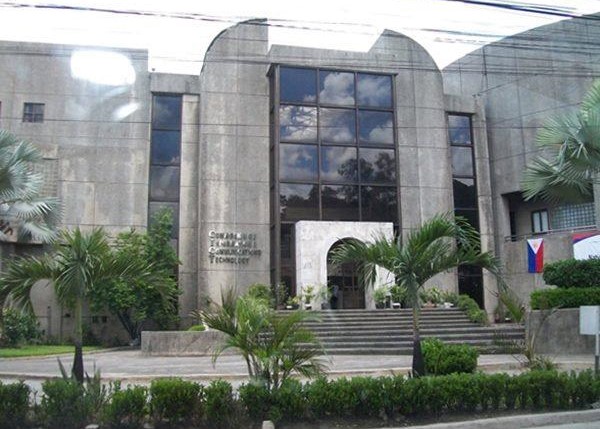PH Unveils National Cybersecurity Plan 2023–2028

DICT building at Quezon City from Jun Sanchez
On April 4, 2024, the Philippines launched the National Cybersecurity Plan (NCSP) 2023–2028 under the Executive Order #58 to enhance the nation’s cybersecurity landscape.
Developed by the Department of Information and Communications Technology (DICT), the NCSP focuses on establishing a secure and resilient digital ecosystem for all Filipinos.
The DICT aims to boost the cybersecurity workforce through capacity-building programs, establishing a Cybersecurity Center of Excellence, and implementing a six-stage incident response model — Identify, Contain, Analyze, Eradicate, Recover, and Lesson Learned.
Key components of the NCSP include establishing a National Cybersecurity Intelligence Fusion Center and a network of Computer Emergency Response Teams. These initiatives shall enable better monitoring, response, and mitigation of cyber incidents across various sectors.
In addition, October will be recognized as Cybersecurity Awareness Month to promote public awareness on online safety.
Industry leaders, including cybersecurity experts from Kaspersky, support the NCSP, emphasizing its role in safeguarding national infrastructure against evolving cybercrimes.
As Genie Sugene Gan, Head of Government Affairs and Public Policy of Kaspersky, stated,
“The NCSP provides a strategic framework for addressing cyber threats comprehensively and ensuring the resilience of our digital infrastructure, and we are optimistic about its effective implementation.”
Last 2023, the Philippines experienced the highest number of cyberattacks in Southeast Asia, with 68% of companies experiencing at least one cybersecurity incident including malware, phishing attacks, and password breaches.
Senator Win Gatchalian recently expressed concern on the country’s urgency on cybersecurity.
“There should be a sense of urgency because the more that the world is connected, the more that we are prone to cyberattacks. We should be wary of this type of vulnerability in our country”,
he said.
Previously, Sen. Gatchalian advocated for the Critical Information Infrastructure Act of 2022 which enforced the adoption of minimum information security standards, responding to cybersecurity incidents, and designation of skilled personnel with cybersecurity credentials